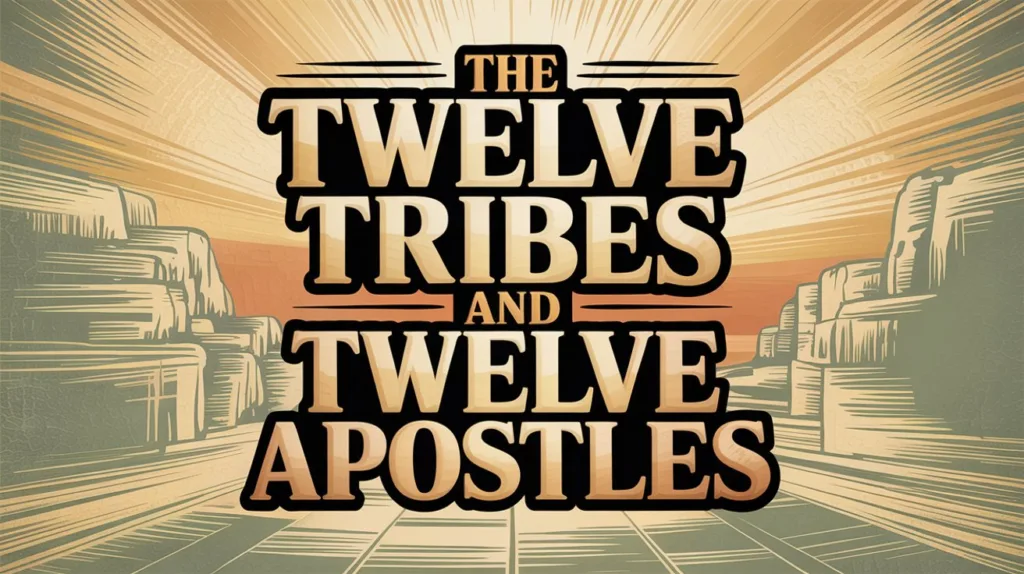The act of Jesus “pouring Himself out” has been a topic of significant theological discussion, often leading to misunderstanding. Some Bible translations use phrasing that has caused confusion, leading some to believe that Jesus set aside His deity during His earthly ministry. However, Scripture is abundantly clear: Jesus never ceased to be God. Instead, He willingly took on the form of a servant, coming in the likeness of man while retaining His full divine nature.
The theological term often associated with this topic is kenosis, derived from the Greek word ἐκένωσεν (ekenōsen), meaning “emptied” or “poured out,” as found in Philippians 2:7. This doctrine, known as “Kenoticism,” has sometimes been misrepresented to suggest that Jesus relinquished His deity during the incarnation. However, a proper biblical understanding reveals that the “emptying” refers to a voluntary limitation of divine privileges, not the loss of divine attributes. Jesus, fully God and fully man, chose to live in obedience to the Father’s will, humbling Himself for the sake of our redemption.
With this clarity in mind, let us explore the humility of Christ as revealed in Scripture, affirming the truth of His nature and the depth of His love.
The Mind of Christ in Humility
The foundational passage for understanding this concept is found in Philippians 2:5-8:
“Let this mind be in you which was also in Christ Jesus, who, being in the form of God, did not consider it robbery to be equal with God, but made Himself of no reputation, taking the form of a bondservant, and coming in the likeness of men. And being found in appearance as a man, He humbled Himself and became obedient to the point of death, even the death of the cross.” (Philippians 2:5-8)
In this passage, Paul uses the term ekenōsen (“emptied Himself”) to describe Christ’s act of humility. It is essential to understand what this “emptying” entails. Jesus, “being in the form of God” (Greek: μορφή, morphē, meaning the very essence or nature of God), did not see His equality with God as something to cling to for His own advantage. Instead, He willingly set aside His rights and privileges, not His deity.
The focus of the kenosis is on Christ’s addition of humanity, not the subtraction of deity. He “took the form of a bondservant” (Philippians 2:7), fully embracing the human experience while remaining fully divine.
Jesus’ Deity: Never Abandoned
The idea that Jesus left His deity during His earthly ministry is contrary to the testimony of Scripture. Colossians 2:9 affirms, “For in Him dwells all the fullness of the Godhead bodily.” At no point did Jesus cease to be God; He was and is the eternal Son, the second Person of the Trinity.
This is further evidenced by His own words. When questioned by Philip, Jesus declared, “He who has seen Me has seen the Father; so how can you say, ‘Show us the Father’?” (John 14:9). His miracles, authority to forgive sins (Mark 2:5-7), and His command over creation (Mark 4:39) all affirm His deity during His time on earth.
Kenosis: What It Does and Does Not Mean
To understand the doctrine of kenosis, it is crucial to distinguish between what it does and does not mean:
Does Not Mean: Jesus ceased to be God or surrendered His divine nature. Such a view would contradict His immutable (unchanging) nature as described in Hebrews 13:8: “Jesus Christ is the same yesterday, today, and forever.”
Does Mean: Jesus willingly laid aside the independent exercise of certain divine attributes, choosing to live in submission to the Father’s will. As He stated, “Most assuredly, I say to you, the Son can do nothing of Himself, but what He sees the Father do” (John 5:19). This voluntary submission highlights His humility (not a diminishment of His deity).
Coming in the Likeness of Man
The phrase “coming in the likeness of men” (Philippians 2:7) is key to understanding Christ’s incarnation. Jesus did not merely appear human; He was human. John 1:14 proclaims, “And the Word became flesh and dwelt among us, and we beheld His glory, the glory as of the only begotten of the Father, full of grace and truth.”
This dual nature: fully God and fully man, is a mystery (but one firmly rooted in Scripture). Jesus experienced hunger (Matthew 4:2), thirst (John 19:28), fatigue (John 4:6), and temptation (Hebrews 4:15), yet without sin. His humanity did not diminish His divinity; rather, it revealed His willingness to identify with us fully in order to save us.
Obedience to Death
The culmination of Christ’s humility is seen in His obedience to death. As Philippians 2:8 states, “He humbled Himself and became obedient to the point of death, even the death of the cross.”
This obedience was not coerced but willing. Jesus declared, “No one takes [My life] from Me, but I lay it down of Myself. I have power to lay it down, and I have power to take it again. This command I have received from My Father” (John 10:18). His submission to the cross was an act of love and purpose, fulfilling the Father’s redemptive plan.
Exaltation of the Humble King
Jesus’ humility did not end in death but in exaltation. Philippians 2:9-11 declares, “Therefore God also has highly exalted Him and given Him the name which is above every name, that at the name of Jesus every knee should bow, of those in heaven, and of those on earth, and of those under the earth, and that every tongue should confess that Jesus Christ is Lord, to the glory of God the Father.”
The resurrection and ascension confirm that Jesus’ humility was never a loss of authority or power. Instead, it was the means by which He accomplished our salvation and was glorified as the risen King.
My Final Thoughts
The doctrine of kenosis teaches us about the depth of Christ’s love and humility. He did not relinquish His deity but added humanity, living in submission to the Father’s will for our sake. The “pouring out” of Christ was a voluntary act of selflessness (not a loss of divine nature).
This truth calls us to imitate His humility and worship Him as the eternal, unchanging God who became flesh to redeem us. “Let this mind be in you which was also in Christ Jesus” (Philippians 2:5).





 Get the book that teaches you how to evangelize and disarm doctrines from every single major cult group today.
Get the book that teaches you how to evangelize and disarm doctrines from every single major cult group today.